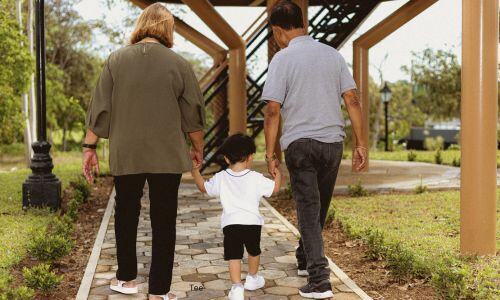
Your Stories
This work doesn't win you any friends in the 'system'
My wife and I have been carers of other people’s children for more than twenty years. In that time we have had long term care, short term care, respite and emergency care of approximately 50 children and young people.
Our journey commenced with positive aspirations of being able to help children whose home life had been disrupted by violence, abuse and neglect. We quickly adapted to the children’s needs as being ours, as we ensured inclusion in the family, surrounded by love and attention on our farm.
We questioned and challenged the system these children found themselves embroiled in and advocated strongly for them. Understanding the impacts of trauma on the children became a steep learning curve as we dealt, seemingly daily, with the tantrums and behavioural outbursts. I later went on to undertake formal qualifications in this most important part of these young Australians’ lives.
My wife and I established a support group for carers which still runs today after 20 years. We were able to support other carers on the often tough journey they had volunteered to undertake.
In conjunction with the management of our support group, I advocate for carers. As a consequence, I’ve become very knowing of our foster care system and am able to bring that learning back to the support group to share and as a powerful adjunct in supporting carers one-on-one. That individualised professional association is sorely lacking for carers and is often what carers need on the tough path of caring.
This work doesn’t win you any friends in the ‘system’ and they steer clear of interaction with you, choosing the line of least resistance and punitively treating carers and children in care as marketable commodities in a monetary-driven environment. Accountability and transparency are lacking throughout the structures and institutions of the OOHC world.
Attachment, connection and inclusion are not supported as important aspects of the foster care world, not nearly as much as financial viability and satisfying accreditation standards of the OCG. Children in care and their carers rank at 8 and 9 on the priority list of designated agencies. I recently commented in a media article that we didn’t operate a child protection (connection) system but a child rejection system.
I could relate chapters for a book of my experiences in this sector but I fear it would not be a good read. I’m dedicated to positive change, as I’ve always been, as it’s said ‘children are our future’. I don’t believe that for a minute, we are their future!
